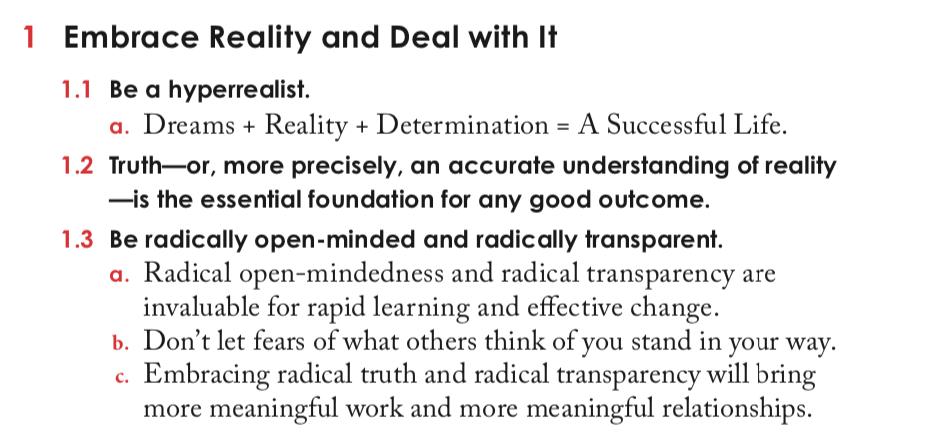MEANING, EXPLANATION & INTERPRETATION OF YOUR DREAMS, ALSO ITS EFFECTS IN COMING DAYS
Sigmund Freud had explained the interpretation of dreams in the last century, but our scriptures explained this thousands of years back. What is the significance and meaning of our dreams.
These are explained in Kanv shakha of our scriptures.
Dreams in the first quarter(पहर) of the day give result in one year, if the dreams are in the second quarter(प्रहर) the results are in eight months, for third the dreams are fulfilled in three months,
the fourth one takes one fortnight, the dreams of dawn take ten days, morning dreams after you awaken after dream are fulfilled forthright.
If you dream during your tense and worrisome period those are never realized. People with Negative traits never get their dreams fulfilled.
Also your dreams will never be realized after you get up from a dream and then go to sleep again. Never narrate your dreams to others.
You will gain wealth if you see the following things in your dream- cow,elephant, horse, palace, climbing mountains or trees,
eating and crying or injured.
You will attain more land if you see someone
singing with veena in his hands.
You will attain amrit if you see yourself entering a red sea or entering into narak.




















